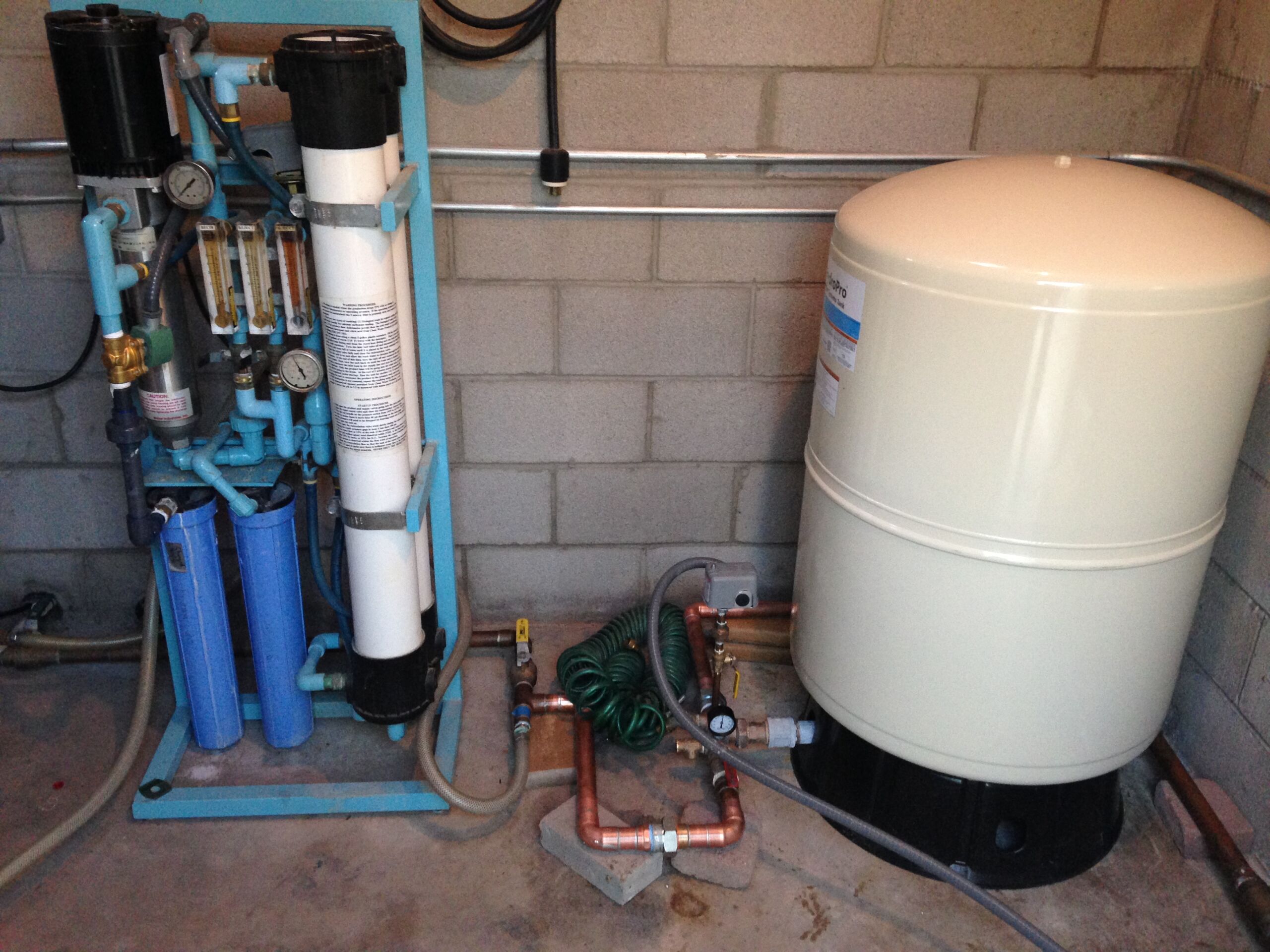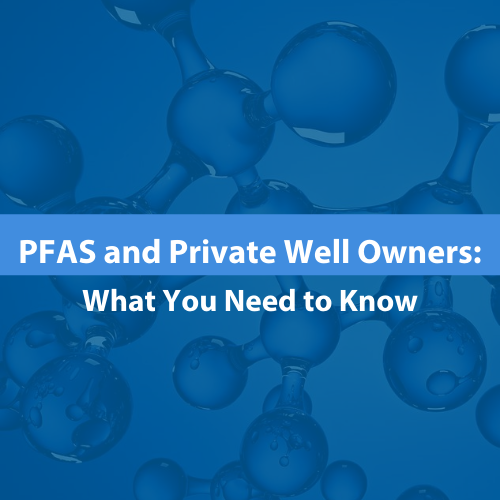Vermont Well Water Testing and Treatment Contractors
Find qualified Well Water Testing and Treatment contractors in Vermont using our contractor lookup tool. Learn more about NGWA Contractor Certifications here.
N A Manosh Corporation
Morrisville, VT 05661-8746
United States
Spafford and Sons Water Wells
Jericho, VT 05465-4418
United States
Vermont Well & Pump
Hinesburg, VT 05461
United States
Chevalier Drilling Company Inc
Highgate Springs, VT 05460-0164
United States
Parker Water Wells
East Poultney, VT 05741-0627
United States
Wragg Bros of Vermont Inc
Ascutney, VT 05030-0110
United States
Valley Artesian Well
Ascutney, VT 05030-0203
United States
Gould & Sons Well Drilling
Pawlet, VT 05761
United States
Frost Wells and Pumps Inc
East Dorset, VT 05253-0476
United States
Green Mountain Well Company Inc
Putney, VT 05346-0013
United States
Lynde Well Drilling Inc
Guilford, VT 05301-8103
United States
Find Well Water Testing and Treatment In
Frequently Asked Questions
When should I have my well water tested?
The National Ground Water Association (NGWA) recommends well owners test their water at least annually for bacteria, nitrates, and any contaminants of local concern. More frequent testing should be considered if:
- There is a change in the taste, odor, or appearance of the well water, or if a problem occurs such as a broken well cap, inundation by floodwaters, or a new contamination source
- The well has a history of bacterial contamination
- The septic system has recently malfunctioned
- Family members or house guests have recurrent incidents of gastrointestinal illness
- An infant is living in the home, or
- To monitor the efficiency and performance of home water treatment equipment.
What can impact groundwater quality?
Forty-seven percent of the United States depend on groundwater for their basic drinking water supply. Having a basic understanding about groundwater quality will help ensure that your well is supplying potable water for your household.
Along with human activities, water quality is affected by a combination of natural processes. Most relate to chemical compositions underground. However, other factors such as biological, physical, and radiological conditions can affect water quality as well.
Read moreHow is a well disinfected?
Properly constructed and maintained water well systems are designed to keep microorganisms such as bacteria, viruses, and protozoa from getting inside the well system and into the water. When a water test indicates the presence of microorganisms in a well, disinfection of the well system is recommended along with some level of inspection.
Read moreVermont Groundwater and Water Well Statistics
Few states can accurately or confidentially determine how many residential wells are in place. For each region, the American Housing Survey by the U.S. Census provides regional data.
Vermont is found in the Northeast, along with these other states: Maine, Vermont, New Hampshire, Massachusetts, Connecticut, Rhode Island, New York, New Jersey, and Pennsylvania.
The last American Housing Survey Census indicates this region had 3,210,0002 households served by residential wells, with an average of 2.373 persons per household. The USGS estimates the population of self-supplied water supply users in Vermont to be 244,000, with 100% of their water supply from groundwater.
- 327 community water systems use groundwater for 182,300 people
- 240 non-community, non-transient water systems use groundwater for 42,900 people
- 753 non-community, transient water systems use groundwater for 118,700 people
- 309 irrigation wells used serving 276 farms and 402 acres
Well Water Testing and Treatment Articles and Resources
Does My Water Well Need Treatment? By Gary L. Hix, R.G., CWD/PI Have you ever asked yourself: “Does my well water need treatment?” The question is not one you can answer if you have not had your water tested recently. You should ask yourself instead: “When was the last time I had my water tested?” If the answer to this question […]
PFAS and Private Well Owners: What You Need to Know NGWA published PFAS and Private Well Owners: What You Need to Know, a two-page fact sheet for home owners concerned about PFAS. Written in easy-to-understand language by groundwater professionals, it explains what PFAS are, how to test wells for PFAS, treatment options, and more.




